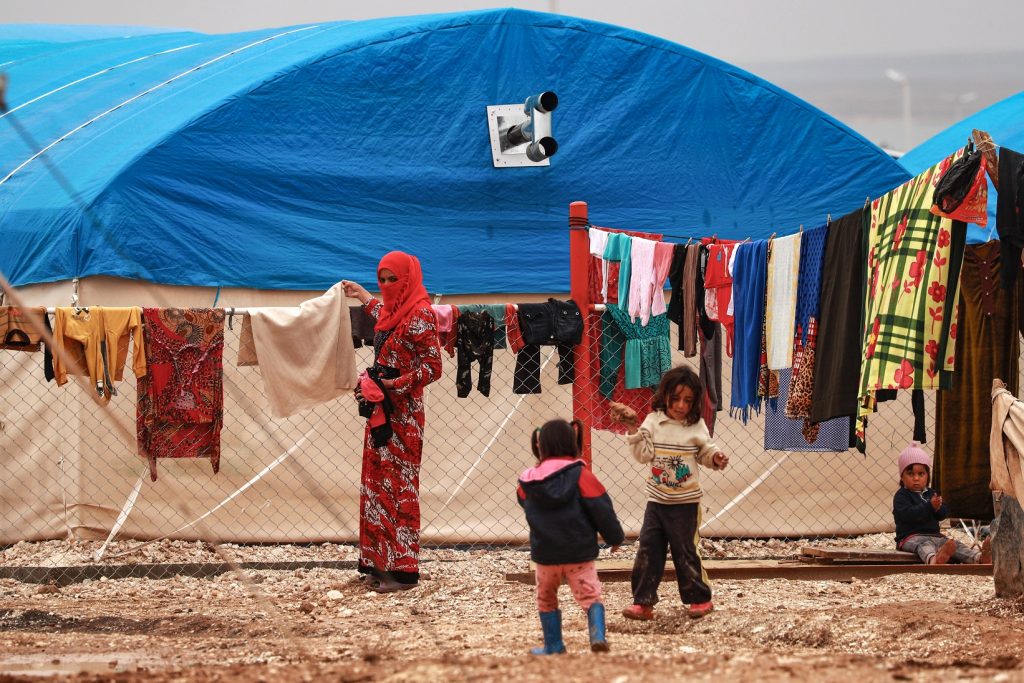São Paulo – The Brazilian minister of Foreign Affairs, Aloysio Nunes, is travelling to Marrakech, Morocco to represent the country in the Intergovernmental Conference to Adopt the Global Compact for Safe, Orderly and Regular Migration on December 10 and 11. The Conference is being held by the United Nations pursuant to the New York Declaration for Refugees and Migrants, from September 19, 2016.
The Global Compact is the first agreement to cover all aspects of international migration, including safety, development and human rights. Its goal is to set clear-cut goals for making migration safe, orderly and regular; to address governments’ concerns and enforce national sovereignty; to recognize the vulnerabilities of migrants; and to recognize the numerous benefits that migrants bring to the communities that welcome them.
According to the UN, the Compact’s adoption in Marrakech will be a historic opportunity for improving international cooperation on migration. The organization believes that the Compact is advantageous to all, and that there are many reasons for making it work.
The Compact provides that “refugees and migrants are entitled to the same universal human rights and fundamental freedoms, which must be respected, protected and fulfilled at all times. However, migrants and refugees are distinct groups governed by separate legal frameworks. Only refugees are entitled to the specific international protection defined by international refugee law. This Global Compact refers to migrants and presents a cooperative framework addressing migration in all its dimensions.” It also concedes that migrants and refugees can face many common challenges and experience similar vulnerabilities.
The objectives for safe, orderly and regular migration include: to collect and utilize accurate and disaggregated data as a basis for evidence-based policies; to minimize the adverse drivers and structural factors that compel people to leave their country of origin; to provide accurate and timely information at all stages of migration; to ensure that all migrants have proof of legal identity and adequate documentation; to enhance availability and flexibility of pathways for regular migration; to address and reduce vulnerabilities in migration; to save lives and establish coordinated international efforts on missing migrants; to prevent, combat and eradicate trafficking in persons in the context of international migration; to strengthen the transnational response to smuggling of migrants; to manage borders in an integrated, secure and coordinated manne; to enhance consular protection, assistance and cooperation throughout the migration cycle; to provide access to basic services for migrants; to empower migrants and societies to realize full inclusion and social cohesion; and to create conditions for migrants and diasporas to fully contribute to sustainable development in all countries. The full document is available from the UN website.
On Migration
As per UN numbers, there are 285 million migrants in the world today; 48% of them are women and 50 million are children. One out of 30 people in the world is a migrant – i.e. an individual who moves away from their own country. For the most part, migrants relocate in safe, legal ways.
The UN states that migration is what drives economic growth and entrepreneurship. In 2017, migrants wired USD 450 billion in remittances to developing countries. The amount was three times higher than developmental aid supplied worldwide. According to the UN, migrants will spend 85% of their income in the country that they live in. Over 60,000 migrants have died during dangerous journeys since 2000.
Translated by Gabriel Pomerancblum




